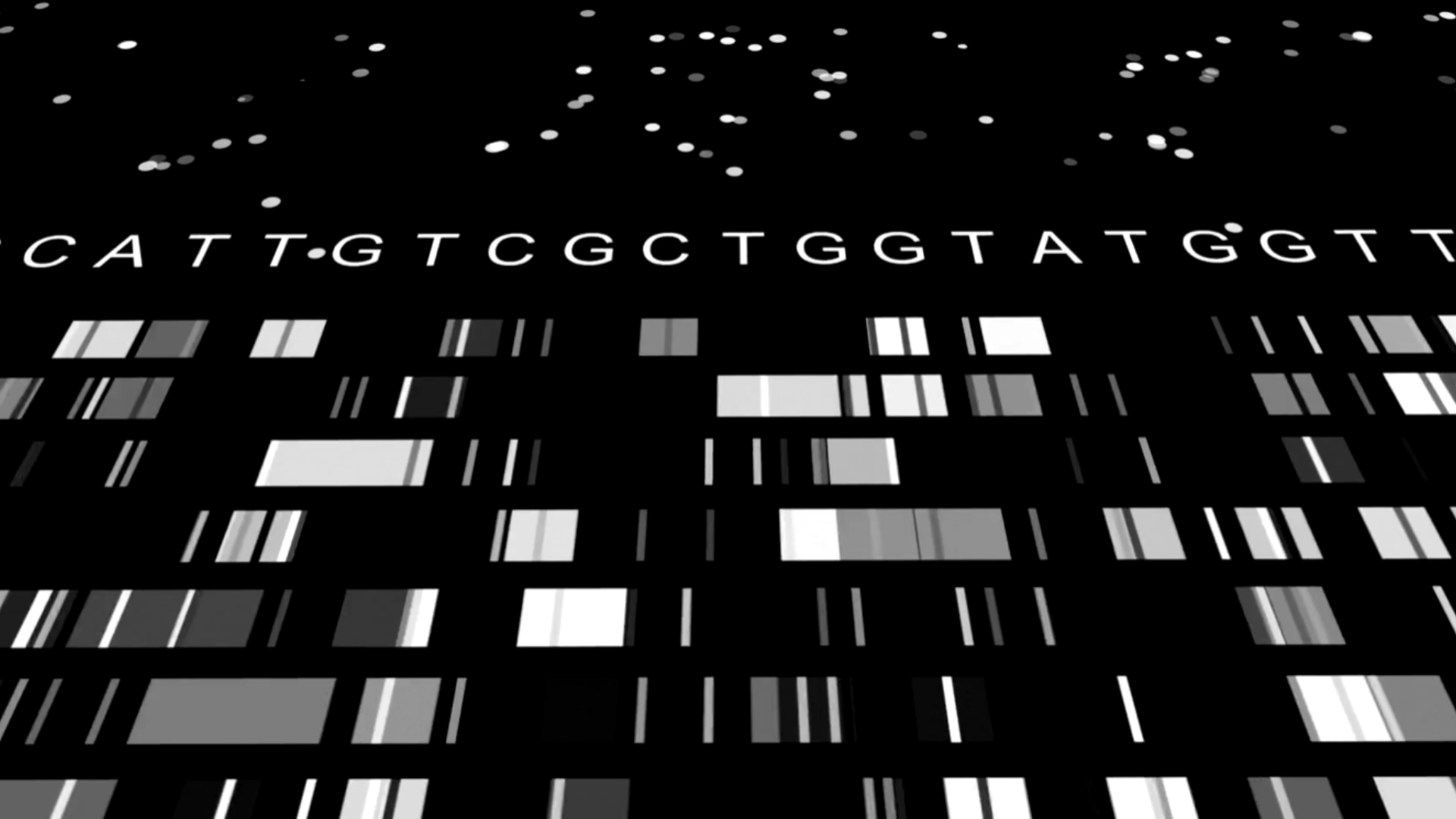This Men's Health Month were shining a light on cancer and genetic predisposition.
Prostate Cancer
Prostate cancer is the second leading cause of cancer death among men, but early detection dramatically improves survival rates. While age, ancestry, and lifestyle play roles, genetics can significantly increase risk.
- Inherited Risk Factors: A strong family history of prostate cancer, especially at an early age, is a key indicator. Specific gene mutations, such as those in HOXB13, and even BRCA1 and BRCA2 (more commonly known for breast and ovarian cancer), can increase a man's prostate cancer risk.
- How Genetic Testing Helps: By identifying these mutations, genetic testing can inform a more personalized screening approach. For instance, men with identified high-risk mutations might begin PSA (Prostate-Specific Antigen) blood tests and other screenings like MRI or biopsies earlier and more frequently than those at average risk. This proactive surveillance aims to detect cancer before symptoms appear, when it's most treatable.
Colorectal Cancer
Hereditary colorectal cancer syndromes account for a significant portion of all colorectal cancer cases. Identifying these syndromes is crucial for early and effective management.
- Lynch Syndrome: This is linked to mutations in mismatch repair (MMR) genes such as MLH1, MSH2, MSH6, and PMS2. If a person inherits one faulty copy of these genes, they are at significantly increased risk of colorectal and other Lynch-associated cancers. Lynch syndrome is inherited in an autosomal dominant manner, meaning there's a 50% chance of passing it to each child.
- Other Syndromes: Familial Adenomatous Polyposis (FAP) and MUTYH-associated polyposis (MAP) are other genetic conditions that cause numerous polyps in the colon, significantly increasing cancer risk.
Contact us to find out more about our Hereditary Screening services.

Gene by Gene
Company News & Press Releases
Gene By Gene is a world leader in genetic testing services with over 20 years of experience. Our laboratory holds accreditation from multiple agencies, including CAP, CLIA, California Department of Public Health, and AABB. With a cutting-edge laboratory and highly trained team of experts, we are committed to excellence in the field of genetic analysis.
.png)





.png)